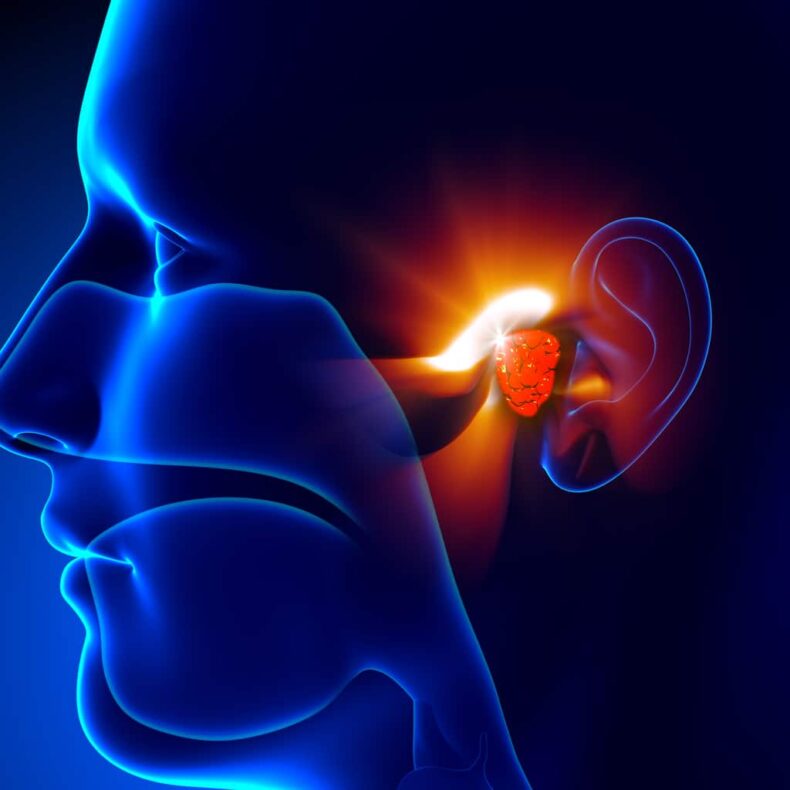As we live our lives, we try our best to create and maintain balance in everything we do. The lifestyle we maintain hangs by a thread; one incident, and the balance tips to the other side. While we focus on keeping everything smooth and running, life does get in the way and halt our progress.


The news from B-Town
Recently, a rare health issue was reported by a famous actress, Samantha Ruth Prabhu. She shared that she is suffering from myositis, which is a muscular autoimmune disorder that renders one in intense pain and hinders their day-to-day activities.

Another celebrity, Varun Dhawan, has recently shared his experience with a very rare and seemingly alarming health issue called Vestibular Hypofunction.
These diseases suffered by the stars point fingers at their hectic and stressful lifestyles and imbalanced work-life schedules.
Let’s talk about Vestibular Hypofunction
While we understand all the surface-level information provided by the actor Varun Dhawan himself, we need to understand what he was referring to.
The ear is a very important part of the body. It might feel essential for listening but it also serves as providing balance to the body. This is a very rarely remembered fact.
While we treat our ears quite carelessly, it does keep bringing our attention to it one or the other issue. One of the major ocular health issues also commonly occurring is Vestibular Hypofunction.

Vestibular Hypofunction is suffered by a patient when the inner part of the ear does not provide the proper balance to the body. As per the NHS Lanarkshire report, we know that the vestibular system is located in the inner ear and is directly associated with the eyes and muscles to produce the balance required for normal functions of the body.
But when this balance is disturbed for any reason, the patient feels major dizziness and often trips or falls while walking or finds themselves unable to stand.
Symptoms and causes
From the word Hypofunction, we understand the fact that the function of the inner ear has been reduced from its original level and has not completely stopped working. Thus there are better chances of recovery.
While this can occur suddenly the reasons behind them might have been there for a longer duration of time. The cause of surprise on the encounter with vestibular hypofunction is the negligence towards minor symptoms.

Some of the symptoms include:
- Dizziness
- Vertigo
- Nausea
- Poor balance
Doctors and multiple report studies claim certain aspects as reasons or causes behind it:
- Concussion or head injury
- Medications
- Previous ear injuries or issues
- Aging
- Labyrinthitis or vestibular neuritis
Helping the patients with physiotherapy and exercises
With fast and accurate clinical support the sudden symptoms can be calmed down. As the drugs for vestibular hypofunction settle in, doctors prescribe physiotherapists as the second step toward a healthy and valuable recovery.

The consistent and timely visits to physiotherapy put the body back in action and intend to attune it to the original and healthy rhythm of movement and balance.
After a certain period of rest and physiotherapy new and different exercises can be slowly introduced to help the patient get back on their feet.
Another dimension to take care of
While physical health is important for the proper functioning of life, we should not forget our mental health. Any ailment that has a shocking and life-altering effect on the patient needs a mental health check-up as well.

The confidence to turn the head in any direction, stand, walk, or even run freely gets disturbed for patients with vestibular hypofunction. To get back on track, they not only need words of encouragement, but they also need to get out of their way. This can happen with counseling or a therapy session as prescribed by the doctor in charge.
Moreover, it takes a village strength from a patient and their caregivers to bring accurate balance back into their lives.
Conclusion
The final take on the information we have and the steps we need to execute concerning this disorder is timely check-ups and a modified lifestyle.

The more hectic and stressful the lifestyle one leads, the more difficult it is to recognize the symptoms before they become severe. We should try to lead a simple life and work around our health accordingly.
Also, detailed insight into the family’s health history can reduce the chances of a surprise and produce positive, life-altering results.













